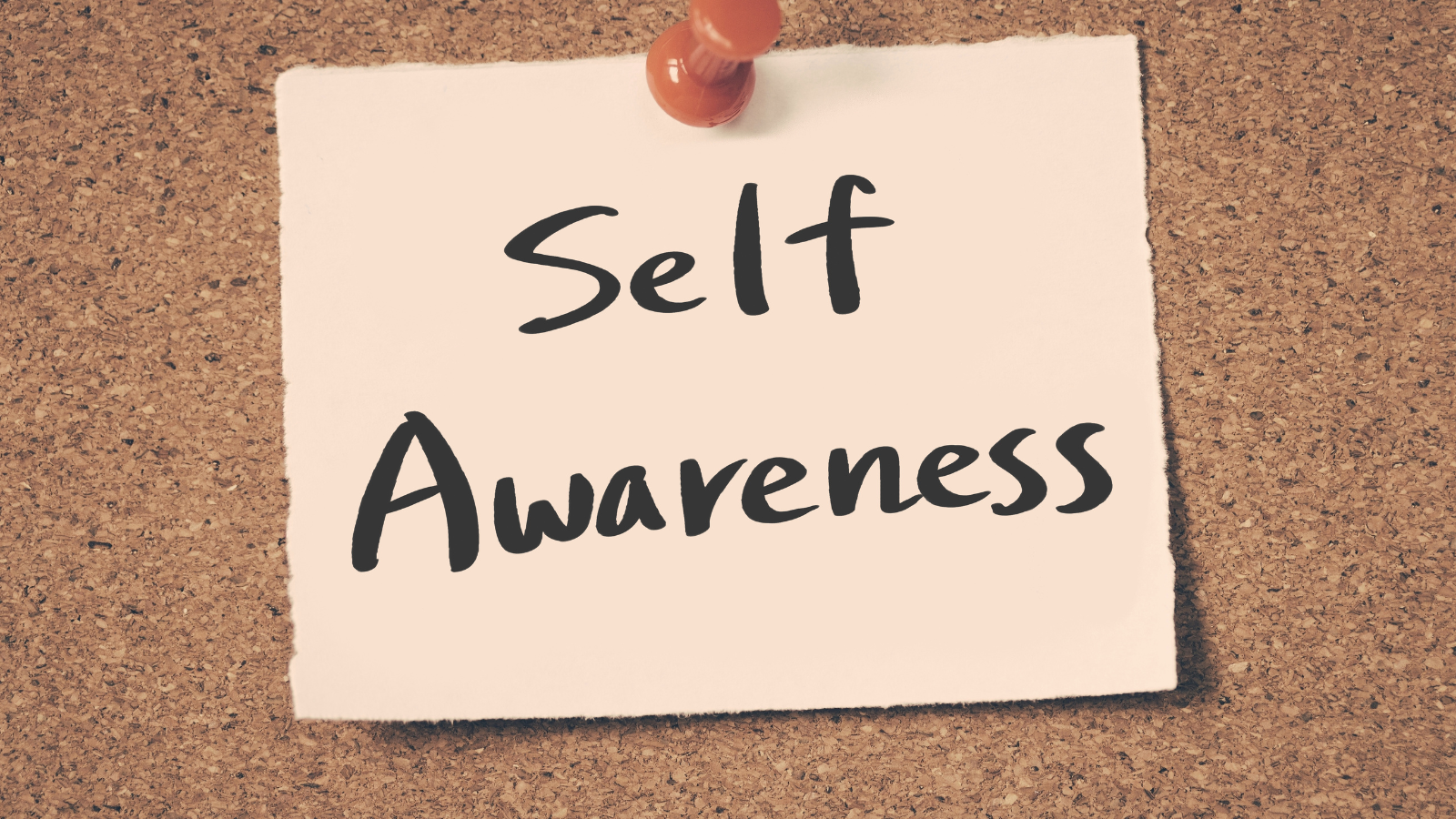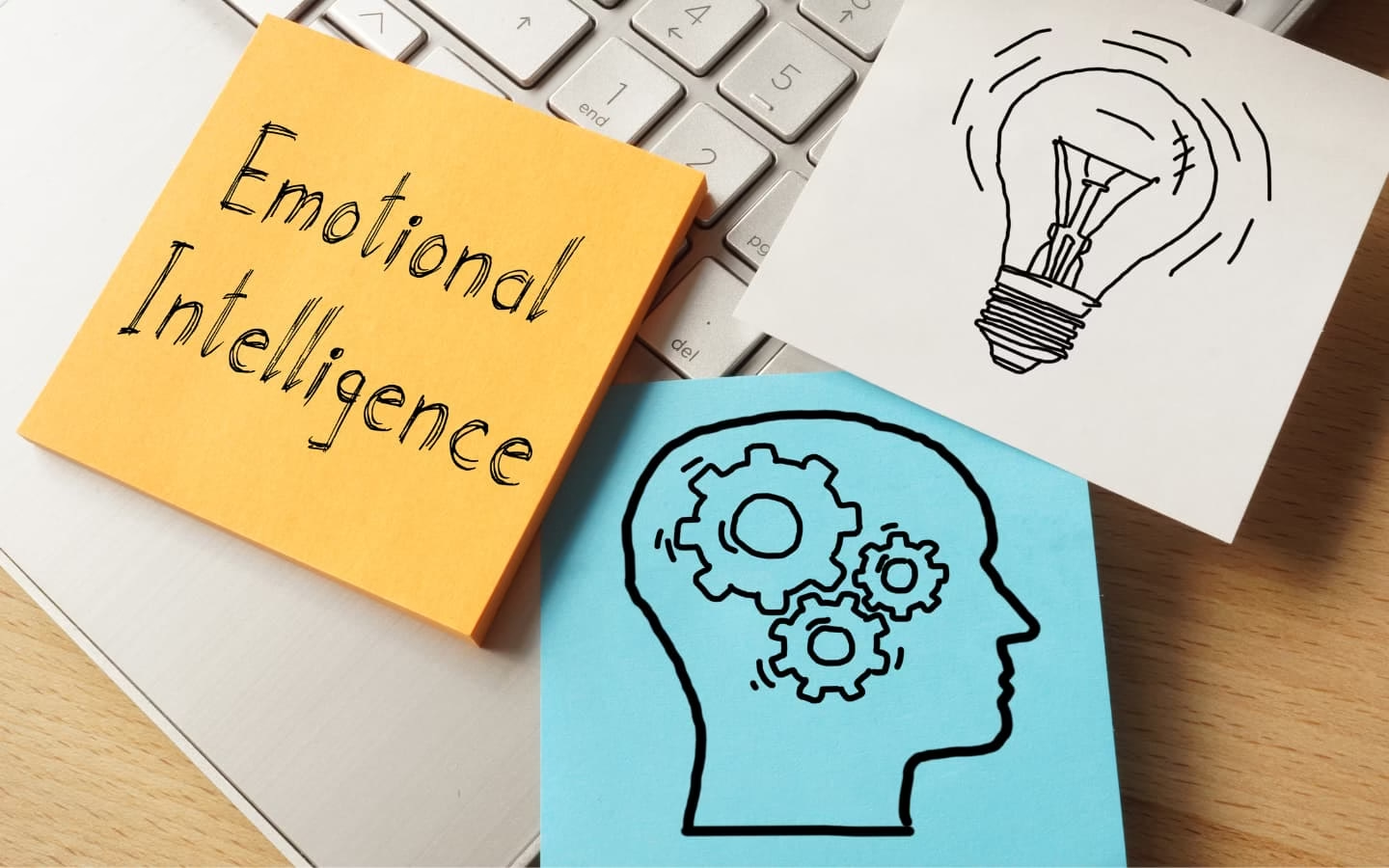Emotional intelligence (EI) is the ability to understand, manage, and express your emotions while also recognizing and influencing the emotions of others. It plays a critical role in personal and professional success, as well as in building meaningful relationships. Developing emotional intelligence allows you to handle stress better, communicate effectively, and navigate social situations with empathy and understanding.
In this article, we’ll explore key steps you can take to develop emotional intelligence in your everyday life, helping you build stronger connections and improve your emotional well-being.
1. Practice Self-Awareness
Self-awareness is the foundation of emotional intelligence. It involves recognizing your emotions as they arise and understanding how they influence your thoughts, behaviors, and decisions. By becoming more aware of your emotions, you can make more intentional choices about how to respond to situations rather than reacting impulsively.

How to Improve Self-Awareness:
- Check in with yourself regularly: Throughout the day, pause to ask yourself how you’re feeling and why. Are you stressed, frustrated, or happy? Acknowledge your emotions without judgment.
- Keep a journal: Writing down your thoughts and emotions helps you reflect on your experiences and gain insights into patterns in your emotional responses.
- Practice mindfulness: Mindfulness techniques, such as meditation or deep breathing, can help you become more present and aware of your emotions in the moment.
By cultivating self-awareness, you lay the groundwork for better emotional management and improved decision-making.
2. Develop Self-Regulation
Self-regulation refers to the ability to manage your emotions and reactions in a healthy way. It involves controlling impulsive behaviors, staying calm in stressful situations, and taking responsibility for your emotional responses. While it’s normal to feel strong emotions, emotional intelligence means not letting them dictate your actions.
How to Practice Self-Regulation:
- Pause before reacting: When you feel a strong emotion rising, take a moment to pause and breathe before responding. This can help prevent impulsive reactions that you may later regret.
- Find healthy outlets: Channel your emotions into productive activities like exercise, journaling, or creative hobbies. This helps positively release tension.
- Stay calm under pressure: Practice techniques like deep breathing or progressive muscle relaxation to help you stay composed in challenging situations.
The more you practice self-regulation, the better equipped you’ll be to handle difficult emotions without letting them negatively impact your actions or relationships.
3. Cultivate Empathy
Empathy is the ability to understand and share the feelings of others. It’s a key component of emotional intelligence because it helps you connect with others on a deeper level, improving communication and strengthening relationships. Empathy also allows you to be more supportive and understanding in your interactions.

How to Cultivate Empathy:
- Practice active listening: When someone is speaking, give them your full attention without interrupting or thinking about your response. Focus on understanding their perspective.
- Put yourself in others’ shoes: Try to imagine how the other person might be feeling in a given situation, even if their experience is different from yours.
- Ask questions: Show genuine interest in others by asking questions about their feelings or experiences. This helps you better understand their emotional state.
By practicing empathy, you’ll build stronger, more meaningful connections with others and improve your emotional intelligence.
4. Improve Social Skills
Social skills are a critical aspect of emotional intelligence because they involve how you interact and communicate with others. Good social skills help you navigate social situations with ease, resolve conflicts, and build positive relationships. Whether it’s at work or in personal interactions, developing your social skills can improve your overall success and well-being.
How to Improve Social Skills:
- Enhance your communication: Practice clear and open communication, making sure to express your thoughts and feelings respectfully. Avoid passive-aggressive behavior and be direct but kind.
- Learn conflict resolution: When conflicts arise, focus on finding solutions rather than escalating the situation. Listen to all sides and work toward a compromise.
- Be approachable and positive: Maintaining a positive attitude and being approachable encourages others to engage with you, making social interactions more pleasant and productive.
The better your social skills, the easier it becomes to build rapport and maintain healthy, fulfilling relationships.
5. Practice Emotional Validation
Emotional validation involves acknowledging and accepting your own emotions as well as the emotions of others, without judgment. It’s an essential skill for developing emotional intelligence because it helps create an environment of understanding and support. Emotional validation doesn’t mean agreeing with someone’s feelings but rather recognizing their emotional experience as valid.
How to Practice Emotional Validation:
- Acknowledge your emotions: Instead of suppressing or dismissing your feelings, acknowledge them. For example, say, “I feel frustrated right now, and that’s okay.”
- Validate others’ emotions: When someone shares their feelings, respond with empathy and understanding. For example, say, “I can see that you’re upset, and I understand why you feel that way.”
- Avoid minimizing emotions: Refrain from telling yourself or others to “just get over it” or “calm down.” Instead, acknowledge that emotions are a natural part of life and should be accepted, not denied.
Validating emotions helps create a safe emotional environment for yourself and those around you, fostering deeper connections and emotional well-being.
6. Build Emotional Resilience
Emotional resilience is the ability to bounce back from difficult situations and handle stress effectively. It’s a key part of emotional intelligence because it helps you stay strong and adaptable in the face of adversity. By building emotional resilience, you can manage life’s challenges with greater ease and maintain a positive outlook even during tough times.
How to Build Emotional Resilience:
- Focus on problem-solving: When faced with a challenge, shift your focus from the problem to finding solutions. This proactive approach helps reduce feelings of helplessness.
- Develop a support system: Surround yourself with people who offer emotional support and encouragement. Having a strong social network can help you stay grounded during difficult times.
- Practice gratitude: Focusing on what you’re grateful for can help shift your perspective and reduce negative thinking. Keeping a gratitude journal is a simple way to cultivate a more positive mindset.
By building emotional resilience, you strengthen your ability to cope with stress and bounce back from setbacks, allowing you to thrive in challenging situations.
Conclusion: Emotional Intelligence for a Balanced Life
Developing emotional intelligence is a powerful way to improve your relationships, manage stress, and enhance your overall well-being. By practicing self-awareness, empathy, emotional validation, and resilience, you’ll gain better control over your emotions and improve how you interact with others.
Remember, emotional intelligence is a skill that can be developed over time. The more you practice, the more you’ll notice positive changes in your life. Start with these simple steps, and watch how your emotional intelligence transforms your personal and professional relationships.

